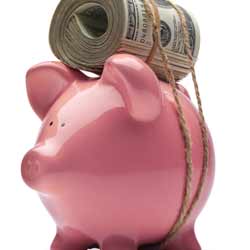Budgeting Your Money in China
Your wages in China are likely to be quite a bit higher than those of your Chinese co-workers simply because you are from the West. Saving money can still be a trick, but the following hints should help you out:

- There is a government mandated policy in China that foreigners must be charged more than Chinese customers; therefore, finding businesses that recognize you as a “local foreigner” (making local wages) can save you a lot of money.
- Once you have figured out which city you want to live in, you can find the best markets for buying food and explore options for inexpensive
rent if your school doesn’t provide a place for you. Food costs are generally reasonable in China, so accommodations will be your major expense. Contacts are important for finding the best place to hang your hat, so start talking to people as soon as possible regarding your need for a comfortable but reasonably priced abode. In general, Western China tends to be cheaper than the Eastern port cities of Beijing, Qingdao, Shanghai, and Guangzhou. On the other hand, these latter
cities often have facilities for budget travelers, such as dormitory style accommodations. - As far as transportation is concerned, buy a bicycle or use buses to cut down on transportation costs. For intercity travel, buses and boats are almost always cheaper than trains and planes.
- Traveler’s checks often bring a better exchange rate in banks than cash, and credit card cash advances can be done at the head branches of
Bank of China in most cities with a 4 percent commission charge.

